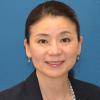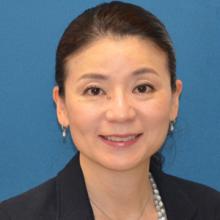About this video
Prof Izumi examines the impact of COVID-19 on higher education institutions in Japan: how well were they prepared for managing this emergency, given that most efforts have been directed at coping with natural disasters. A survey of HEI revealed little readiness for biological hazards in disaster simulation exercises, which present a challenge at organisational level. Whilst there was general understanding of pandemic effects missing were resources and technical capacity to enable implementation. Different sectors and experts must work together not just for coping with natural disasters but all hazards. An all-hazard approach is needed in which national and local governments share responsibilities with non-governmental organisations.


